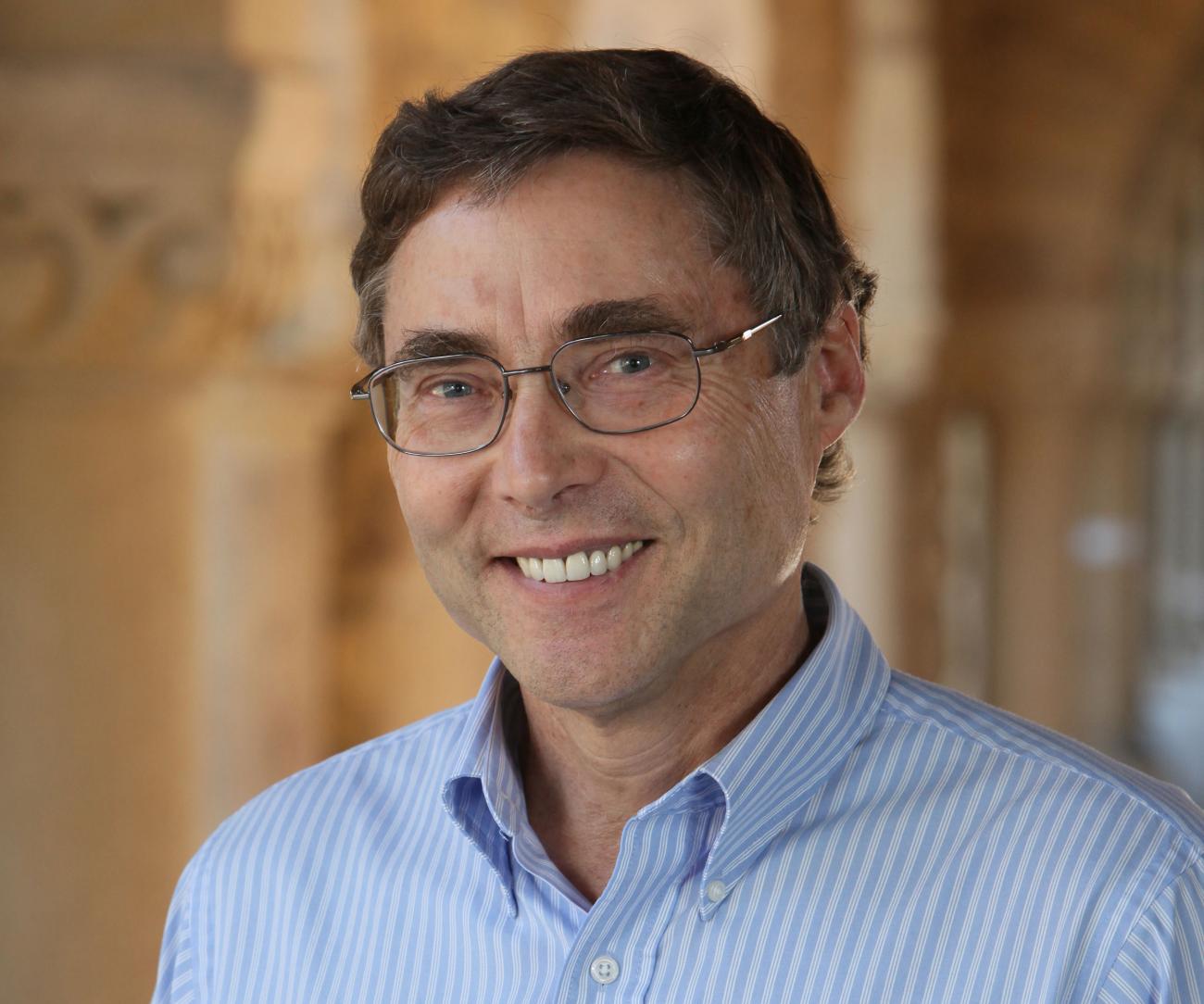
Project created by Stanford professor Carl Wieman honored for its impact on education
A science and math education project founded by Stanford professor and Nobel laureate Carl Wieman has been named one of six recipients of the 2017 World Innovation Summit for Education (WISE) Award, a prestigious distinction recognizing initiatives that tackle global education challenges.
The project, called PhET Interactive Simulations, teaches scientific concepts through animated, game-like environments that encourage students to explore cause-and-effect relationships as scientists would. Initially focused on physics, PhET (short for Physics Education Technology) now offers more than 140 simulations on topics in fields including chemistry, biology, earth science and mathematics.
Wieman, a professor of education, engineering and physics at Stanford, founded the nonprofit project in 2002 while he was on the faculty at the University of Colorado at Boulder, where PhET is based.
“My hope was that these sorts of interactive simulations might be a valuable tool for learning science, with advantages over any traditional media,” said Wieman. “That has proven to be true. They engage students from a wide variety of backgrounds. They also appeal to teachers because they have the flexibility to be used in many different ways.”
Wieman used part of his Nobel Prize winnings and grants from the National Science Foundation and the Kavli Foundation to start PhET, which has operated under the direction of Kathy Perkins since 2010. He continues to serve as senior adviser.
“PhET has grown far beyond my wildest dreams,” he said, “although most of that credit has to go to the guidance and fundraising efforts that Kathy has provided through the years.”
The project’s web simulations have been translated into 90 languages and used in more than 200 countries and territories. They are accessible at no cost through open-source software.
Wieman hopes the recognition generated by the award attracts additional funding to sustain the team’s work. “I seldom encounter a student who has not used PhET in high school physics or chemistry,” he said, “but it continues to be a struggle to raise money to keep the project going.”
The WISE Award is supported by the Qatar Foundation for Education, Science and Community Development. Each winning project receives $20,000 and an invitation to attend the eighth World Innovation Summit for Education held in Dohi, Qatar, later this fall.



